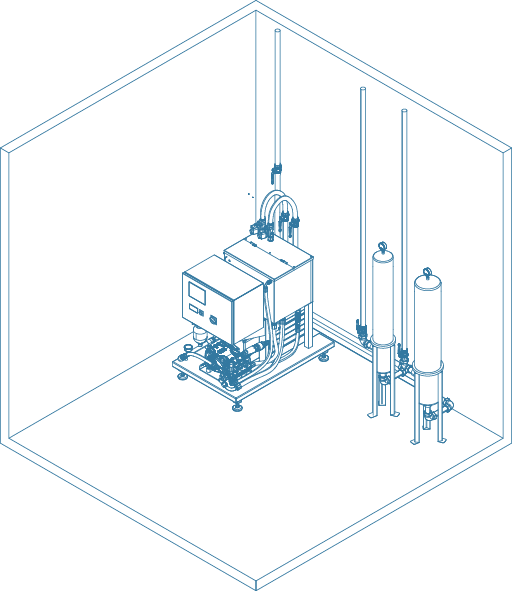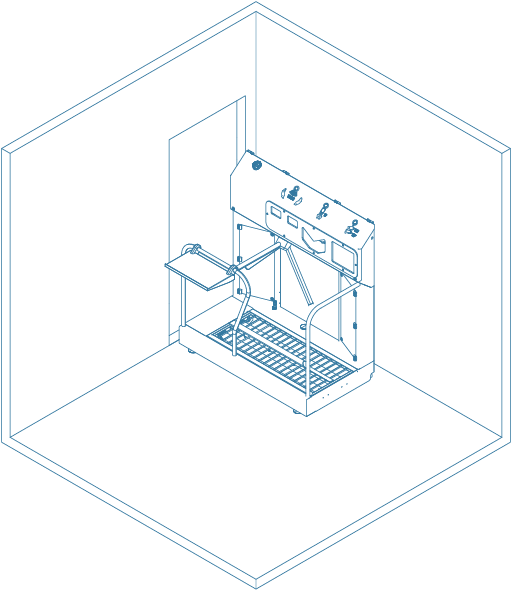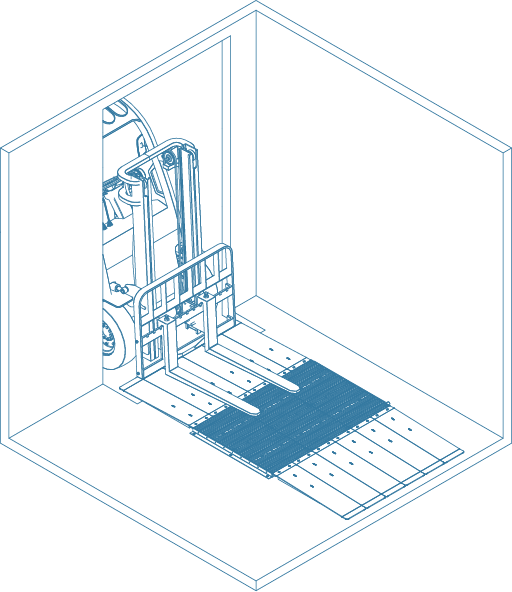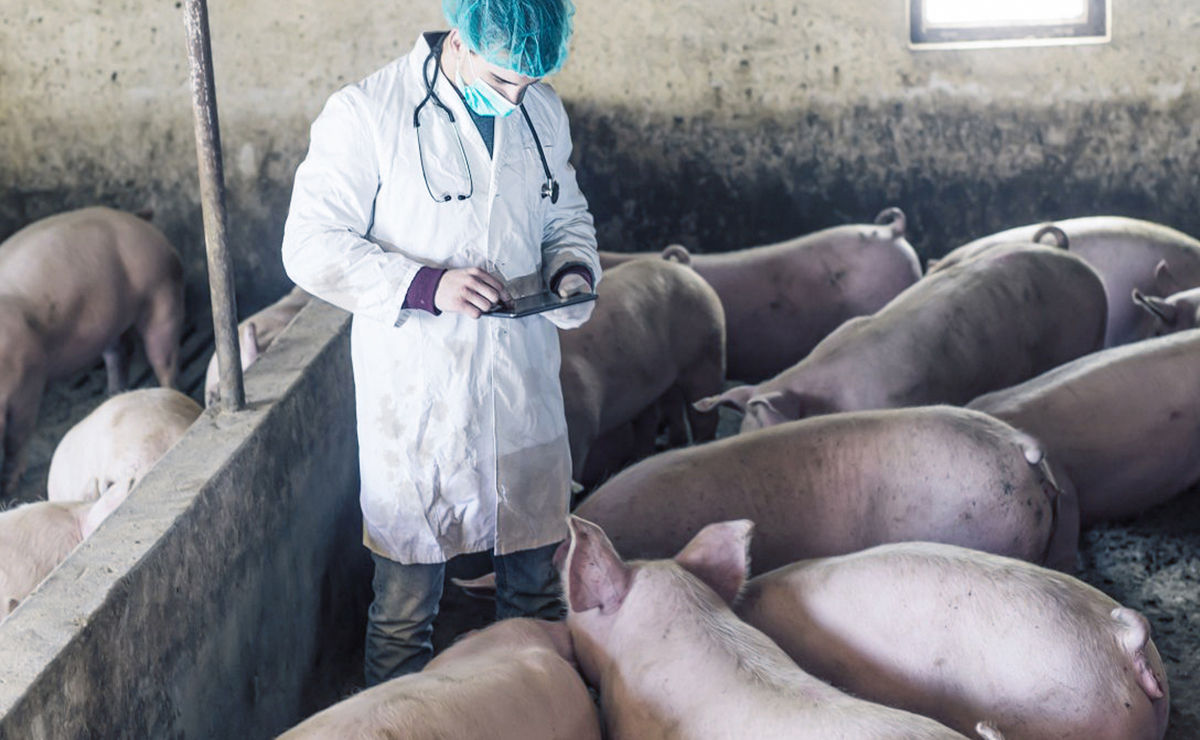What is African swine fever?
It is a viral infection that affects domestic pigs (pigs) and wild pigs (wild boars and warthogs), not transmissible to humans. However, it can be a vehicle for transmitting the virus through contamination of vehicles, clothing, equipment, food of origin or food containing pork, even seasoned. It is a highly infectious and often fatal disease for affected animals, caused by a virus from the Asfaviridae family, Asfivirus genus.
This virus is incapable of stimulating the formation of neutralizing antibodies, which makes the preparation of a vaccine extremely complicated.
What are the signs and symptoms of African swine fever?
The main symptoms in affected animals are:
- – Fever
- – Loss of appetite
- – Weakness of the hindquarters resulting in an uncertain gait
- – Respiratory difficulties and oculo-nasal secretion
- – Constipation
- – Spontaneous abortions
- – Internal hemorrhages
- – Hemorrhages evident on ears and sides
The presence of the virus in the blood (viremia) lasts 4 to 5 days. The virus circulates associated with certain types of blood cells, causing symptoms that inevitably lead, often very quickly, to the death of the animal.
Animals that overcome the disease can remain carriers of the virus for about a year, thus playing a fundamental role in the persistence of the virus in endemic areas and in its transmission.
The virus has good resistance in external environments and can remain viable for up to 100 days, surviving inside cured meats for a few months or resisting high temperatures. In the blood sample it is detectable for up to 18 months.
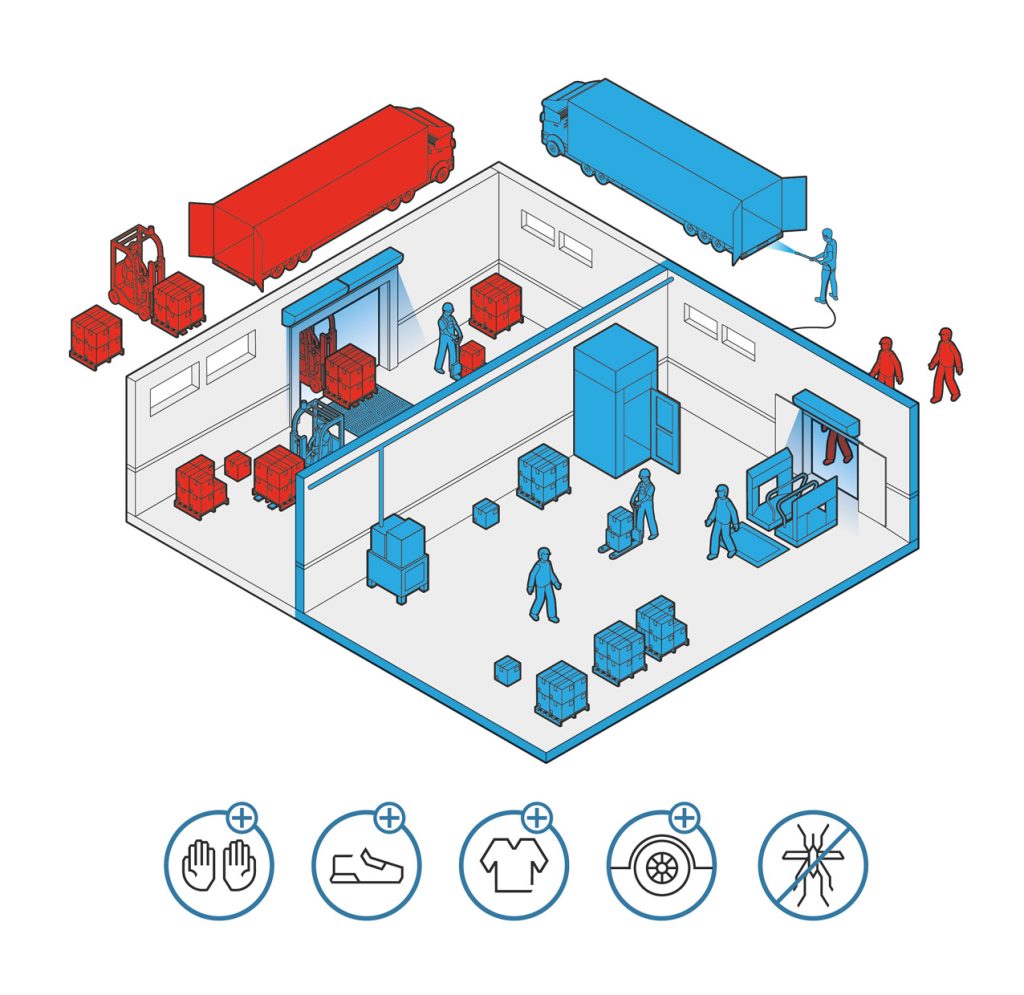
What should be done to prevent African swine fever from entering a pig farm?
To summarize the main vectors of the virus, meticulously listed point by point in the Biosafety manual approved by the Ministry of Health with the collaboration of the Experimental Zooprophylactic Institute of Lombardy and Emilia-Romagna (IZSLER), they are:
- – Insect bites (ticks, mosquitoes, etc.)
- – Equipment and clothing contaminated by external agents
- – Direct contact with already infected pigs
- – Lack of cleanliness inside the stables or use of incorrect products
- – Unhealthy or uncontrolled pig diet
How can Borin help prevent the virus from entering the company?
The useful measures to help stem and limit the problem effectively and efficiently are:
- – Decontaminating carpets and Wave to reduce the bacterial load of mobile equipment and soles.
- – Air curtain barriers to block the company’s access routes which, in combination with our UV traps, drastically – reduce the presence of potentially dangerous insects.
- – Sanitizing stations for the hygiene of soles, hands and to control the flow of staff and visitors authorized to enter high-risk premises.
- – Sterile showers as a sanitizing entry barrier for Epal pallets/personnel in high-risk areas.
- – Centralized multi-pressure washing systems in combination with mixer injectors and products, with medical-surgical devices registered by the Ministry of Health, specific to neutralize the virus during the washing of stables, production areas and means of transport.

